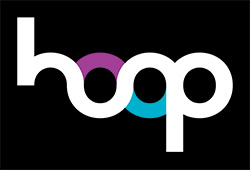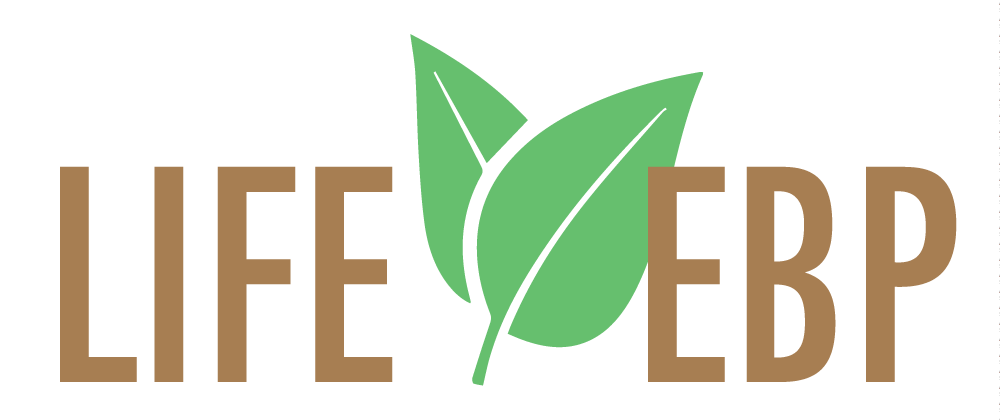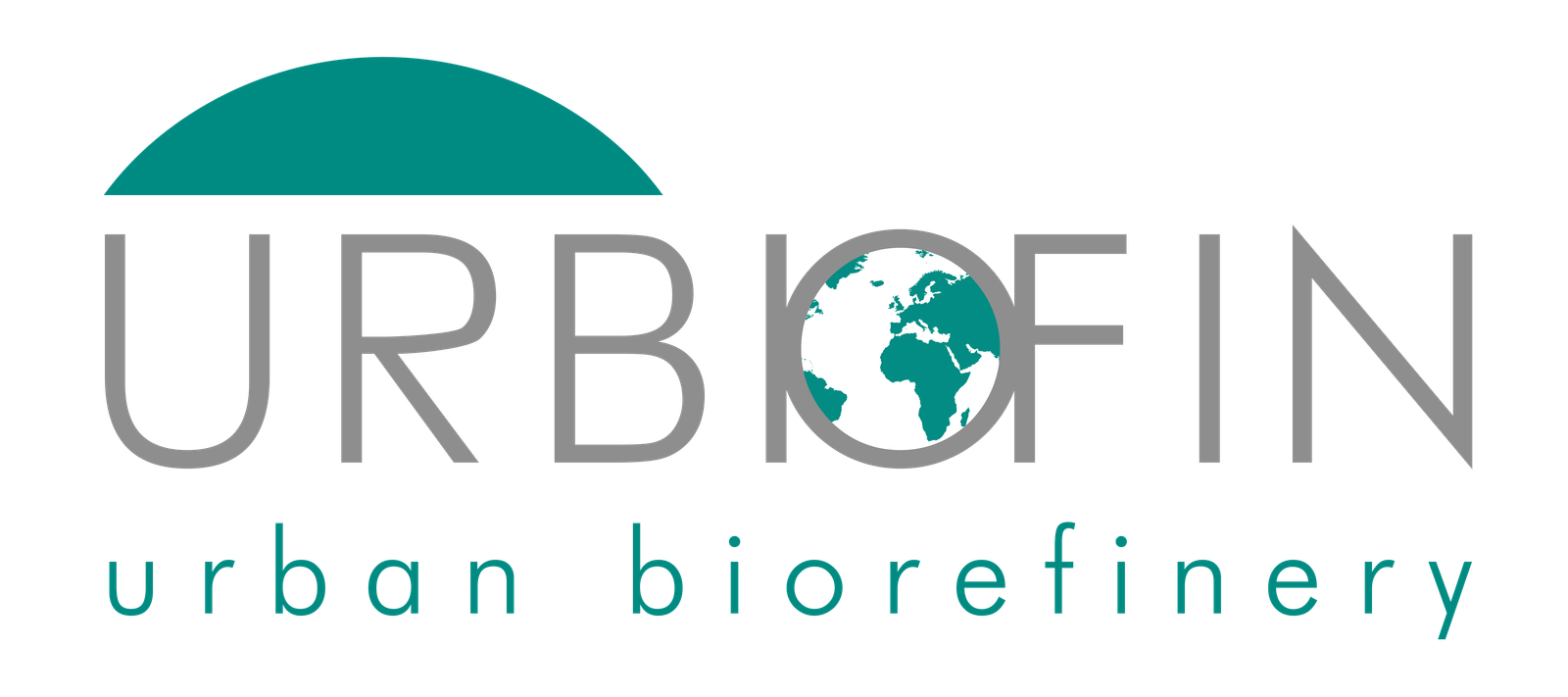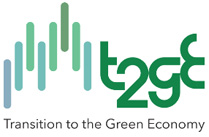HOOP project
This project ends on: 30/09/2024

HOOP: Hub of circular cities boosting platform to foster investments for the valorisation of urban biowaste and wastewater
The HOOP project supports 8 lighthouse cities and regions in developing large-scale urban circular bioeconomy initiatives that will focus on making bio-based products from urban biowaste and wastewater. Specifically, HOOP will provide Project Development Assistance (PDA) to Albano-Laziale (Italy), Almere (The Netherlands), Bergen (Norway), Kuopio (Finland), Münster (Germany), Murcia (Spain), Greater Porto (Portugal), and Western Macedonia (Greece).
The HOOP Urban Circular Bioeconomy Hub will create an online platform to foster knowledge exchange and replication in cities and regions across Europe.
Contacts:
Coordination
Gemma Castejón, CETENMA: gemma.castejon@cetenma.es
Martín Soriano, CETENMA: martin.soriano@cetenma.es
Communication
James Ling, Greenovate! Europe: j.ling@greenovate-europe.eu
Founding source: Horizon 2020 research and innovation programme











